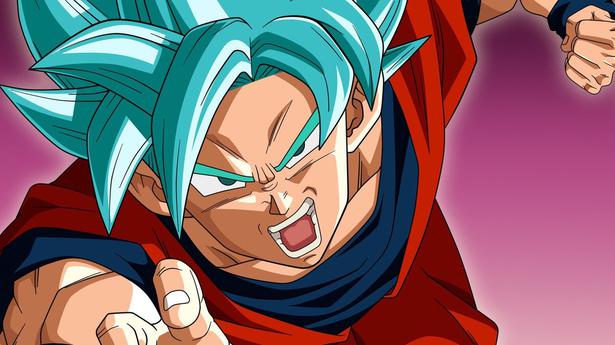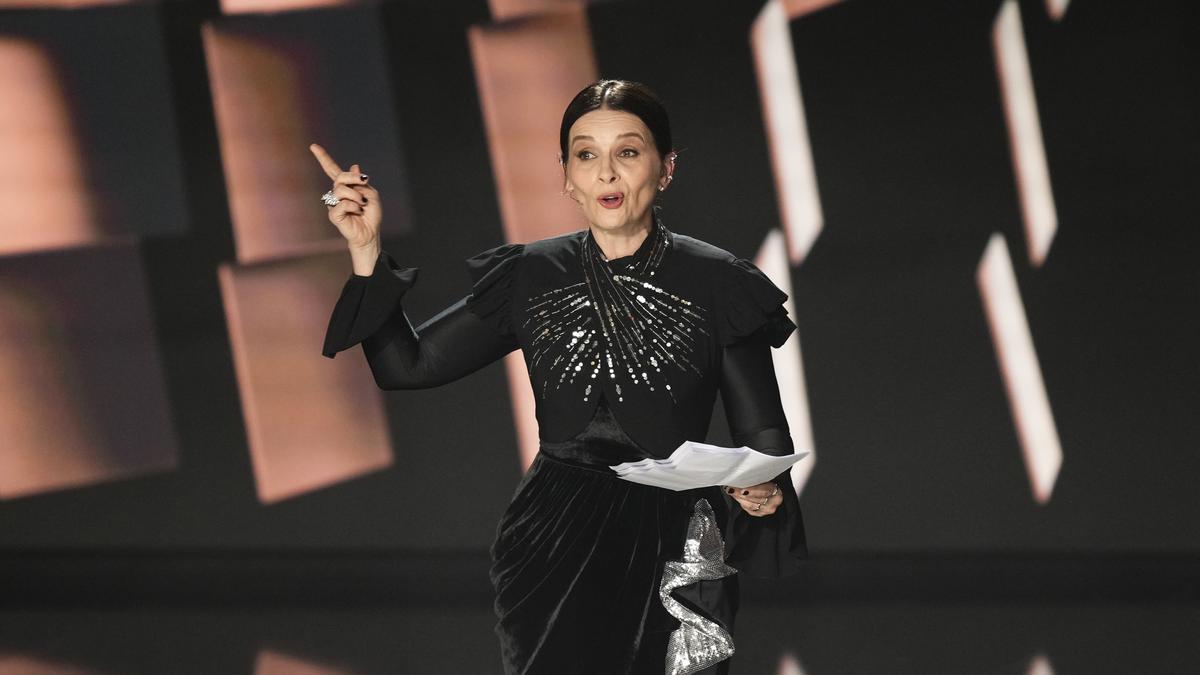Director Hari on mellowing down as a director in Arun Vijay-starring ‘Yaanai’, which hits screens this Friday
Director Hari on mellowing down as a director in Arun Vijay-starring ‘Yaanai’, which hits screens this Friday
“I have never used a pen to write my scripts,” laughs Hari, the man who has made a name for himself for fast cuts and racy screenplays, resulting in memorable crowd-pleasers such as Saamy, Aaru, Ayya and the Singam series.
This is not because Hari cannot write; he simply doesn’t have the patience nor time. “The moment I start writing the first line, I’m already thinking about the fourth scene. My mind jumps from one thought to another.”
The director takes pride in the fact that he has never penned his thoughts down in a career that completes two decades this year. Hari says earlier he would record his thoughts on a cassette, which was later replaced by CDs, pen drives and now smartphones.
“There will always be two recorders in place,” he says, “It’s my assistant directors who write the script based on what I record, and I ask them to add maane thaene here and there.”
A still from ‘Yaanai’
| Photo Credit: Special Arrangement
A fresh approach
Every director has their own trademark stamp; Hari’s style of filmmaking is mostly associated with loud dialogues and jet-speed proceedings. With his latest film Yaanai, Hari says he has mellowed, due to the pandemic and Saamy Square (2018), which was collectively panned by critics and audiences. “We have all slowed down post COVID-19. The way we watch movies has also changed. There is acceptance for slow-burners today. Even for commercial films, audiences expect strong emotional content and realistic characters,” he adds.
“We have all slowed down post COVID-19. The way we watch movies has also changed. There is acceptance for slow-burners today. Even for commercial films, audiences expect strong emotional content and realistic characters,” he adds.
Hari took all the criticism and feedback he received for Saamy Square in his stride. For Yaanai, he decided to take a laid-back approach to filmmaking and reinvent his own formula. “I have cut down on artificiality and toned down the loudness of characters in Yaanai. I wanted the dialogues to be conversational and action scenes as real as possible.”
Changing perceptions
Has there been a drastic change in the way Hari sees cinema in the last twenty years? “Not so much. Every now and then there will be a film that will take you by surprise, and nobody would have predicted its box-office success. Captain Prabhakar, Pullan Visaranai and Oomai Vizhigal are such examples back in the day. Today, it is Vikram. Mine is regular cinema because I make films with a template. The challenge lies in telling a story differently within that template.
Yaanai is a metaphor for Hari’s transformation — “A yaanai [elephant] might walk at slow speeds but you know how powerful it is,” he laughs.
Through the promotional materials, Hari says he wanted to prepare the audience for a new kind of Hari film. “See, if you order curd rice and you get biryani instead, you will still feel disappointed. We didn’t want to do that. We have written the menu in our board [trailer], so that the audience doesn’t feel disappointed,” he adds.
Laced with melodrama
Yaanai sees Hari and Arun Vijay come together for the first time. The latter had mostly been seen in urban-centered films lately — whether it is Thadam or Mafia — and wanted to explore the commercial space. “When we spoke, I asked him whether he would want to do a masala film at this phase in his career. I wanted him to take that call,” says Hari, adding, “Be it action or performance-oriented roles, Arun sir has shined. He didn’t get the chance to bat but he has started his innings now.”
Arun Vijay in ‘Yaanai’
| Photo Credit: Special Arrangement
As a commercial director, Hari sees it as a responsibility to cater to the audience’s varied taste. “If the city is full of coffeehouses, then where will you go to have Nair kadai tea? Just like that, every film has its own audience base.”
Hari did not have a fixed goal when he became a director with Thamizh (2002), after working as an assistant for 10 years. He calls himself a “normal commercial director” who wants to mount his films in the various districts of Tamil Nadu.
“I don’t aim big. I cannot pull off big-scale films like Shankar sir, Rajamouli or Prashanth Neel. I am not cut out for that. Neither am I creative to make National Award-winning films. I make films keeping the business of cinema in mind. I want everybody to make profits — right from theatre owners, distributors and producers to the person who gives you popcorn and parking tickets.”






